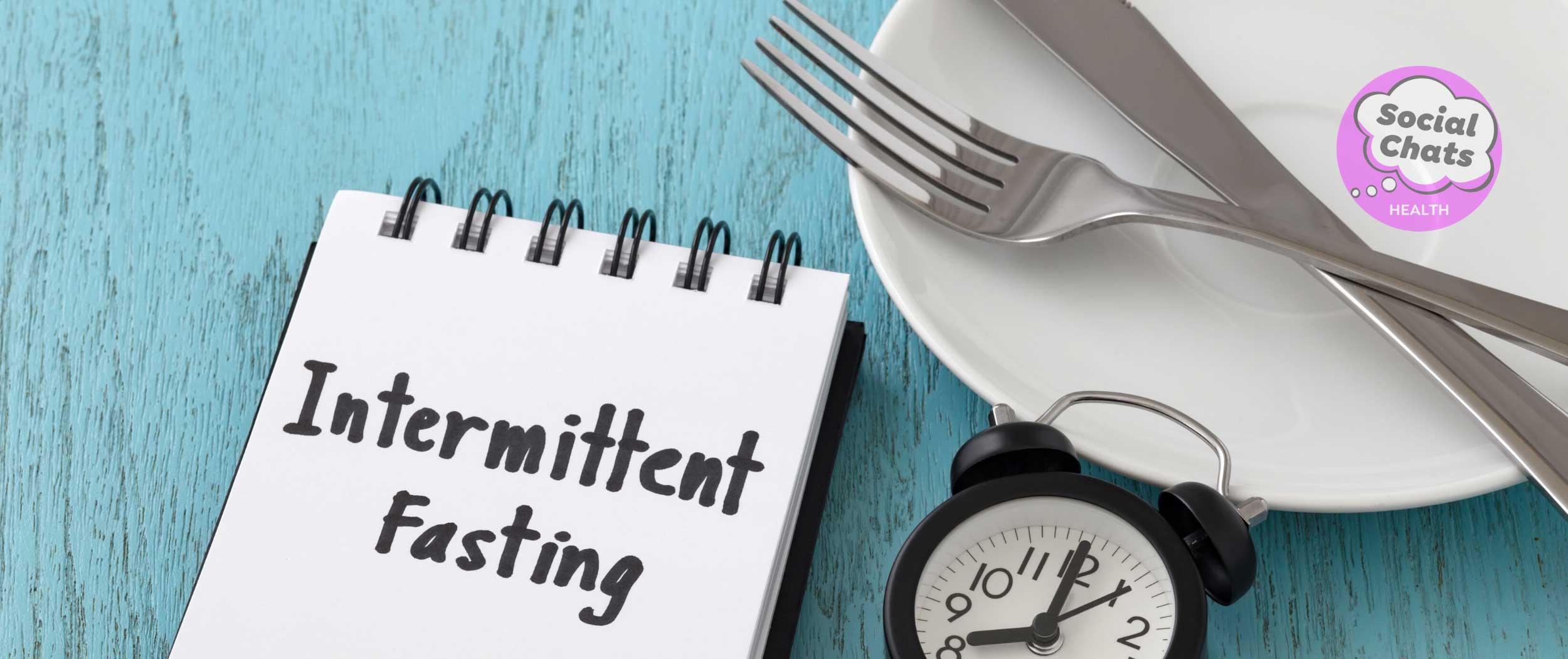

Intermittent Fasting isn’t so much a diet as it is a pattern of eating.
Everyone hates the word diet anyway. Intermittent Fasting is otherwise known as IF and involves fasting for 16 hour periods or 24 hours twice per week (Khan, 2020).
For example, if an individual wakes up at 7:30 a.m., they would then fast until 11:30 a.m. That individual is allowed to eat from 11:30 a.m. – 7:30 p.m., Leaving the extra 16 hours in the day to fast.
During the fast, water, coffee, and tea are permitted with no other additives (Khan, 2020).
Essentially this means a huge population of people is skipping breakfast.
Skipping breakfast or intermittent Fasting has surprising health benefits such as weight loss, reduces inflammation, boosts brain health, and some studies show that it may prevent cancer (Khan, 2020).
The basis of the pattern is fasting for 16 hours, and that means any 16 hours an individual chooses. Certainly, an individual can begin their day at 5:30 a.m, eat immediately and continuously until 1:30 p.m. This would constitute eating a heavier lunch and skipping dinner. Breakfast has always been a neglected meal in society, and today, it aligns perfectly within IF’s 16/8 method.
Reference: Khan, N. (2020, April 23). Intermittent Fasting 101 — The Ultimate Beginner’s Guide. Retrieved June 9, 2020, from https://www.healthline.com/nutrition/intermittent-fasting-guide#what-it-is
WRITTEN BY
Social Chats
Social Chats is a multimedia and entertainment company. It’s a division of kNOw Aging, inc. a communications consultancy.










1 thought on “Intermittent Fasting: The Sophisticated Way Of Phrasing, “I Didn’t Eat Breakfast.””
Very helpful Post